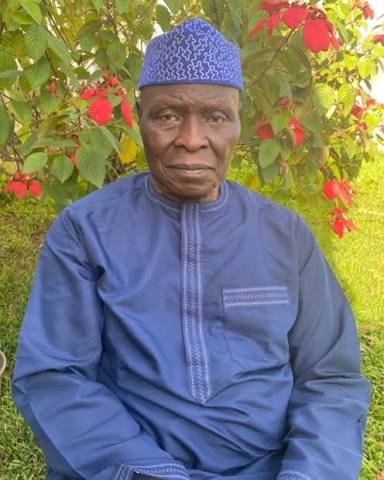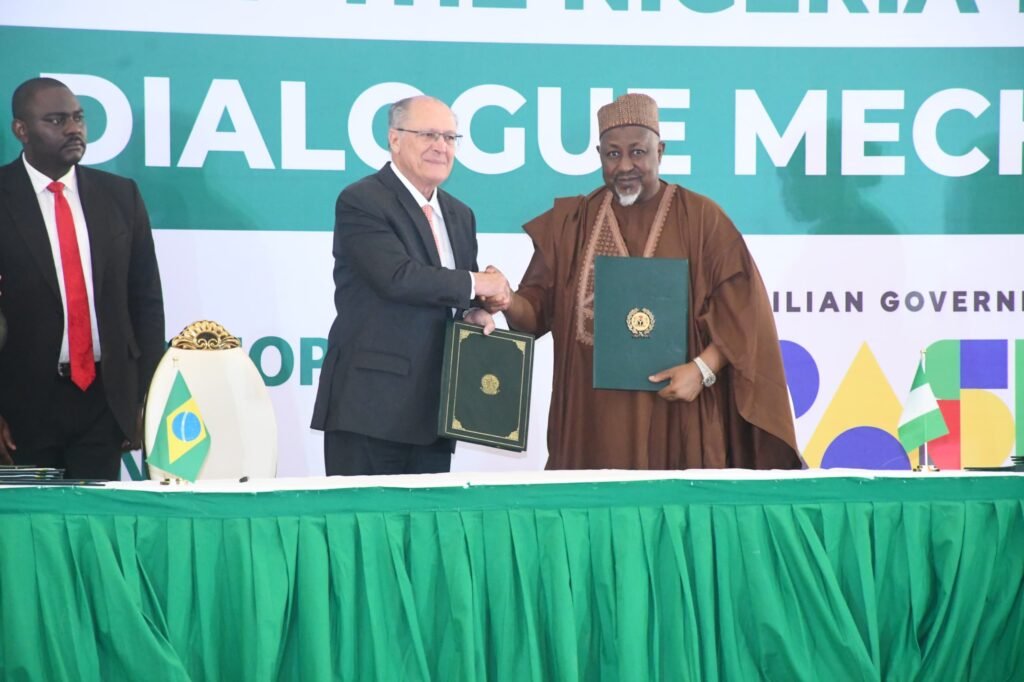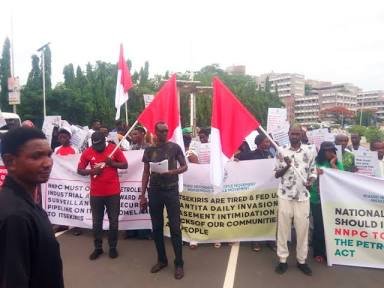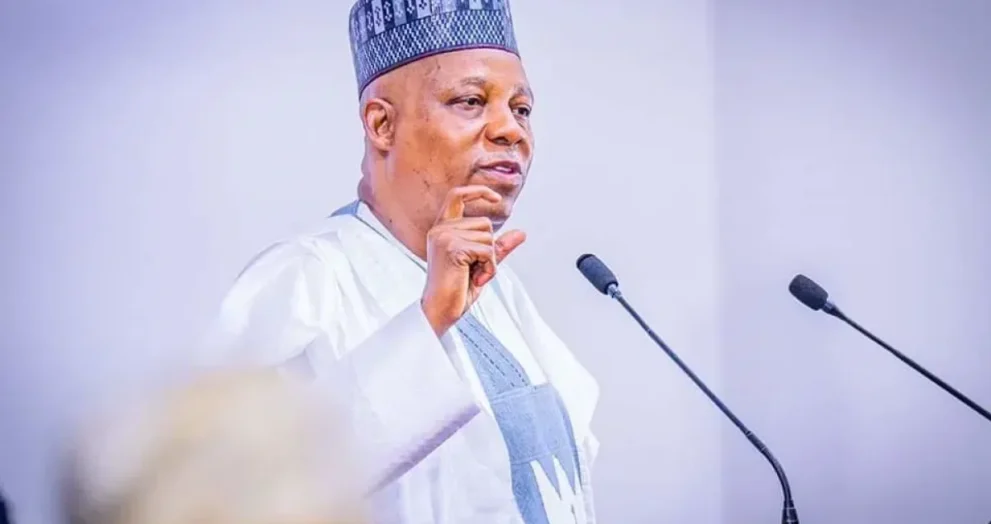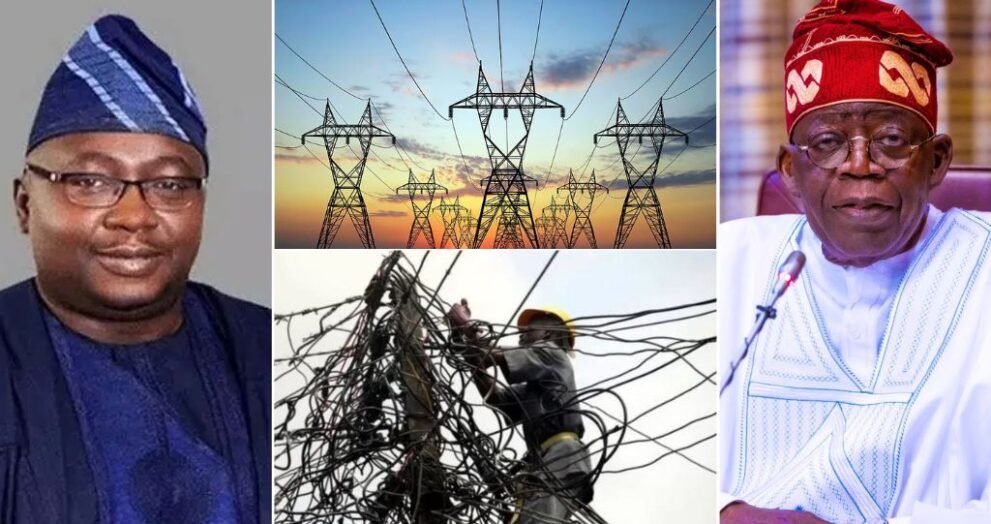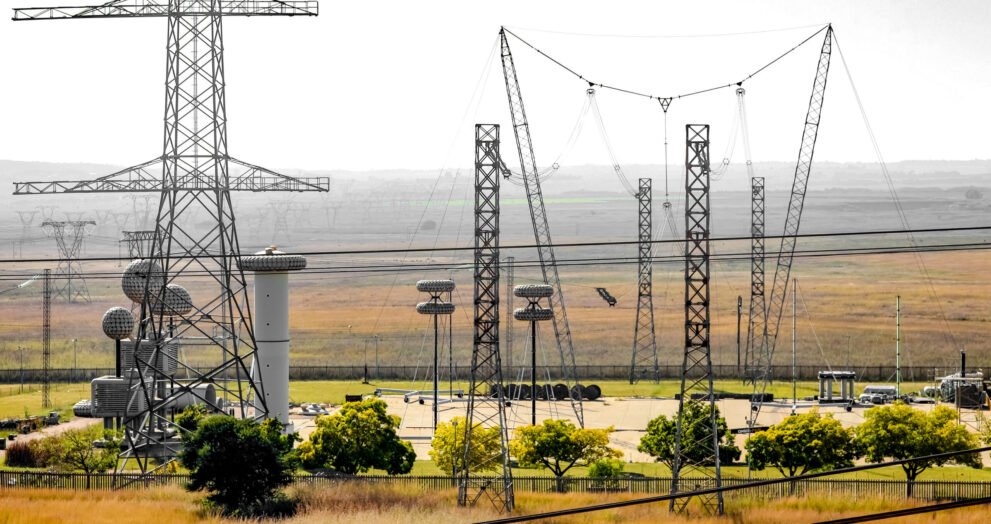THE BAND CATEGORISATION OF ELECTRICITY USERS MAY NOT BE FIT FOR PURPOSE AS NIGERIANS NOW LIVE IN DARKNESS
Inadequate investment in the power sector since independence has been responsible for the weak foundation of Nigeria’s economy and prevented the country from benefiting from globalization trend of the 90s while a number of the East Asian countries measurably profited. The failure to address the country’s power sector challenges by investing in infrastructure left the country ignored by the dynamic forces that swept international arenas of investment, trading and financial systems with the aid of advanced information and telecommunications technology. The structure of the current power sector system are grossly inadequate to stimulate meaningful economic development that is why Nigeria must evolve advanced power sector development options capable of supporting the country’s efforts in solving her lingering challenges. It is now obvious that band A,B,C,D,E etc was not the neat arithmetic or magic for finding solutions to our power sector challenges. As time went by, maybe the nation need to toughen up and address this division into bands: maybe the policy is no longer fit for purpose, maybe the time has come to debate the matter very seriously because it looks like we are trying to create a solution to solve a problem without understanding it’s roots . Nigeria need to make a deal with ordinary citizens; artisans, and non skilled workers whose lives and livelihoods are daily devastated relying on the epileptic power sector.Band A, B, C,D and all the arrangements I thought were designed to bring reprieve and succour to business and livelihood have turned out to be a nightmare. Now that we are here, the power Ministry need the wisdom of discernment to start having open and sincere conversations about the state of the power sector. Certainly, we need to stumble back to the original appeal of common sense that statistics do not heal a grieving soul and neither made the hungry full. The real differentiation in bands would have been useful if it resonates with million of Nigerians particularly in band A now trapped in darkness. The demarcation into bands to me mocks logic that a country of almost 240 million people, 210 tcf of gas and 37 billion barrels of crude oil including condensatea share between 4-5 gigawatts since 1980. Let’s we forget that the peak of our electricity generation was in 1980. The sad reality is that We hired a foreman to fix the mess but since 2023, there has been acute incompetence that fixated on inanities and mundane such as using 100 billion Naira to educate Nigerians about how to read meter. Meter that we have been reading since 1886. Now that the bands are not achieving the desired outcome, it is good for the foreman( Minister) to give focus and full attention to the challenges of the moment and call for perspectives to help him search for alternatives and enduring solutions. Since 2023, it was clear that the power sector thrives on routine and pass it for hard work, effectiveness and excellence. There is something fundamentally wrong with the way we have gone about our power development, there is circumstantial kind of lack of investment and it is very pervasive. This is a historical introspection on the degradation of the Nigeria power sector since 1960. If we must achieve our goals of ramping up our economy by 2030, the deeply flawed and unsustainable power sector need to attract our focus substantially. To get there, we must shift our mindset and pursue rapid investment and development of infrastructure in the power sector. Additionally, We need to harness the preponderance of potentials including the will to harness such potentials because poverty and hunger orchestrated by lack of power have injected disequilibrum into the economic mechanisms of Nigeria and could lead to further thinning of the citizens resilience. A disequilibrum society with unstable power sector could prove very difficult to manage. Also, the issue of electricity and poverty alleviation are well captured in the 17 Sustainable Development Goals of the United Nations, but for Mauritius, Seychelles and many countries in North Africa, countries like Nigeria are way behind attaining the SDGs. For Nigeria to have a chance of catching up with the rest of the world, the country must be intentionally in investment and development of her power sector and seek alternative sources of resolving her power problems. How Nigeria chose public servants will determine whether she respond to her power problems because Inadequate investment in the power sector could deepen existing poverty, hunger and inequality. AIR VICE MARSHAL (RTD) AKUGBE IYAMUPRESIDENT ASSOCIATION OF ENVIRONMENTAL PROTECTION AND CLIMATE CHANGE PRACTITIONERS You can follow me Twitter X @iyamuclimatech1 and Instagram iyamuclimatechange and Facebook. You can also send your views to iyamukenneth65@gmail.com and 07057447442 ( messages only)




